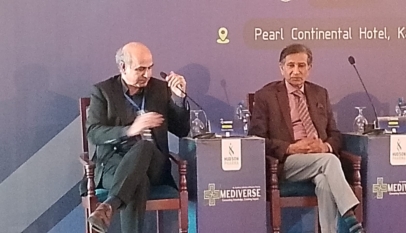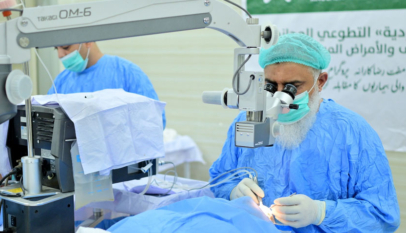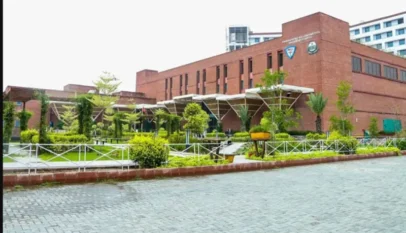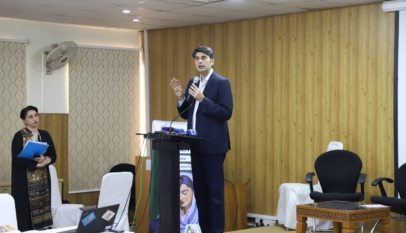
Australia’s national science agency has warned urgent action is needed to prevent the spread of drug-resistant superbugs.
In a report published on Tuesday, the Commonwealth Scientific and Industrial Research Organisation (CSIRO) and Australian Academy of Technological Sciences and Engineering (ATSE) declared antimicrobial resistance (AMR) a “looming global health crisis.”
AMR occurs when bacteria and other microbes become resistant to drugs that were designed to kill them, such as antibiotics, through overuse or misuse.
According to the United Nations Environment Programme (UNEP), without urgent intervention AMR could kill 10 million people every year by 2050, prompting the World Health Organization (WHO) to list it as a top 10 threat to global health.
Tuesday’s report identified the key challenges and opportunities for Australia to reduce the impacts of AMR, calling for greater national coordination on the issue and easier commercialization for possible solutions.
“AMR could render some of the most critical antimicrobial drugs ineffective, undermining modern medicine and making us vulnerable to drug-resistant infections,” Branwen Morgan, head of the CSIRO’s Minimising Antimicrobial Resistance Mission, said in a media release.
“It is responsible for over 1.27 million deaths globally each year and the number is rising. In Australia, modelling suggests AMR could potentially be responsible for over 5,000 deaths annually.”
More than 100 experts from the government, academia and industry contributed to the report.
It identified surface sprays that change color when pathogens are present and toilets that detect and disarm harmful microbes before they reach waterways as specific examples of potentially impactful technologies in fighting AMR.















































